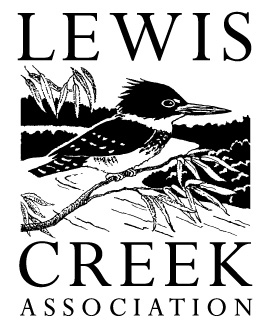Water Quality Videos and PowerPoints
Interested in learning more about Water Quality? get Ready to help improve water quality with an “All In” Approach!
We encourage you to network with us to improve water quality throughout our watershed and Lake Champlain. Learn some water quality basics, and understand why we must be “all in” in order to improve our streams and lake’s water quality. Learn what you can do to help, either as a member of a town board/committee, or as a private citizen. If you are a landowner/citizen, check out the Landowners presentation. If you are a member of a town board or committee, check out the Towns presentation. These presentations cover Shelburne, Hinesburg, and Charlotte, but are applicable to many areas in the Lake Champlain valley. Both are around 17 minutes long. You may also want to download a PDF of the presentation with notes (see links above each video).
For up-to-date recorded presentations from our watershed towns (often in partnership with Conservation Commissions), consider checking out our YouTube channel, where we will post recorded water quality presentations (Bristol, Monkton, Charlotte, Ferrisburgh, Shelburne, and Hinesburg are currently available there)!
For Towns
PDF of Presentation for town boards
For Landowners
PDF of Presentation for Landowners
Interested in even more detail?
You can learn more here about the specifics of how water quality is related to stream health, land use history, and Vermont’s geologic past. This video describes the land use history of Vermont, and in particular, of the LaPlatte River watershed, its connections to water quality, and the work that Lewis Creek Association's South Chittenden River Watch volunteers do to monitor water quality in our watershed towns of Shelburne, Hinesburg, and Charlotte (select your own town to see the version with maps of your area). It also touches on the work LCA does to improve water quality, and what landowners and citizens can do to improve water quality in their own area of the watershed. This presentation, which is longer than the short versions for citizens and town groups, provides more details and background information for those particularly interested in water quality or land use history. These presentations are about 44 minutes long. You may also be interested in downloading a PDF of the PowerPoint presentation with notes if you don’t want to watch the entire video.
